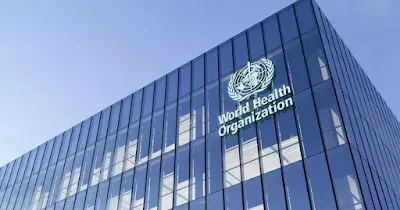At a press conference held on Tuesday, December 14, 2021, the Director-General of the World Health Organization (WHO), Tedros Adhanom Ghebreyesus warned about the progression of the Omicron variant that is spreading "at a rate we have never seen".
77 countries have reported cases of Omicron
The World Health Organization yesterday expressed its concern about the progression of the Omicron variant. According to her, this new strain of Covid-19 is spreading "at a rate that we have never seen with any other variant". In detail, the Director-General of the World Health Organization (WHO), Tedros Adhanom Ghebreyesus announced that 77 countries have now reported cases of omicron variant contamination in their territories, even if "the reality is that Omicron is probably in most countries even if it has not yet been detected".
Faced with this observation, the UN institution calls for the use of all tools to prevent health systems from being overwhelmed as the end of the year holidays approach. "We are concerned that people consider Omicron to be benign," warned Tedros Adhanom Ghebreyesus. To which he added, "Even if Omicron causes less serious illnesses, the number of cases could once again overwhelm unprepared health systems."
WHO warns of vaccine inequity
With 41 countries still failing to vaccinate 10% of their population and 98 countries still failing to reach the 40% vaccination rate mark, the WHO chief is calling on the international community to respond to vaccine inequity. "If we end inequity, we end the pandemic. If we allow inequity to continue, we are allowing the pandemic to move forward," he warned.
Indeed, while some countries are now offering booster doses, Dr. Tedros is concerned that this could contribute to the accumulation of Covid-19 vaccines by rich countries, as has been the case so far. He said that the WHO is not against booster doses but against vaccine inequity. For him, "it's a question of prioritization. [...] Giving booster doses to groups at low risk of serious illness or death simply endangers the lives of high-risk groups who are still waiting for their first doses."











No comments:
Post a Comment